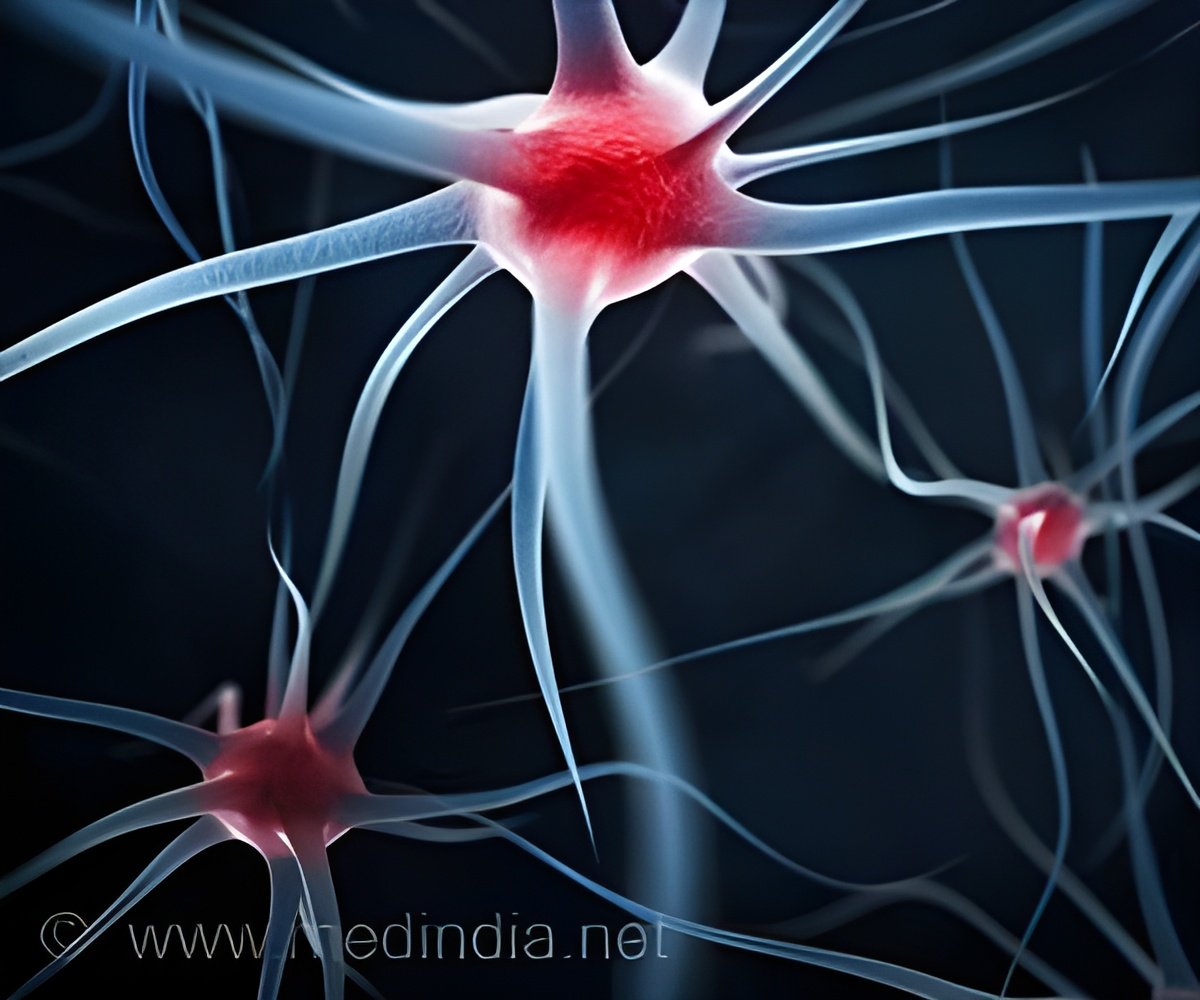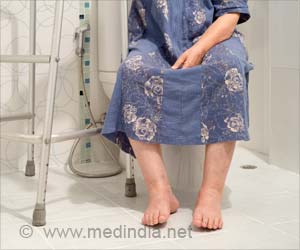Changes in lysosome storage disorder genes, in general, could be linked to risk for Parkinson's disease.

‘People who carry one defective copy of the glucocerebrosidase gene have a 5- to 8-fold increase in the risk of having Parkinson's disease later in life.’





The lysosomes are sac-shaped structures inside all cells that are in charge of clearing the waste produced by the cells. The sacs contain enzymes that degrade cellular waste into its constituent components, which the cell can recycle or discard. When lysosomes fail and cellular waste accumulates, disease follows. Gaucher disease is one of about 50 lysosomal storage disorders. "Individuals with Gaucher disease can have family members with Parkinson’s disease," Robak said.
"People who carry one defective copy of the GBA gene have a 5- to 8-fold increase in the risk of having Parkinson’s disease later in life. In addition, another gene called SMPD1 related to lysosome storage disorders is emerging as a new risk factor for Parkinson’s disease."
In this study, the researchers investigated whether changes in lysosome storage disorder genes, in general, could be linked to risk for Parkinson’s disease. They compiled a list of 54 genes involved in lysosome storage disorders and determined whether a population with Parkinson’s disease was enriched for defective forms of these genes.
Genetics links pediatric condition to risk for a disease that usually affects adults
Advertisement
"We studied the largest Parkinson’s disease genetic dataset currently available and found that, although each of the damaging mutations within these genes is individually uncommon, they are common as a group within the Parkinson’s cohort," said corresponding authors Dr. Joshua Shulman, assistant professor of neurology, neuroscience and molecular and human genetics at Baylor College of Medicine and investigator at the Jan and Dan Duncan Neurological Research Institute at Texas Children’s Hospital.
Advertisement
"Although more research remains to be done, these data suggest the interesting possibility that damage to the lysosome might be at the core of Parkinson’s disease," Shulman said. "It might be possible that Parkinson’s disease and lysosomal storage disorders have similar fundamental biological mechanisms."
"Better understanding the genetics of Parkinson’s disease is important because it can lead to improved diagnosis, more insights on how the disease develops and progresses and perhaps suggest new therapies," Robak said.
Source-Eurekalert













